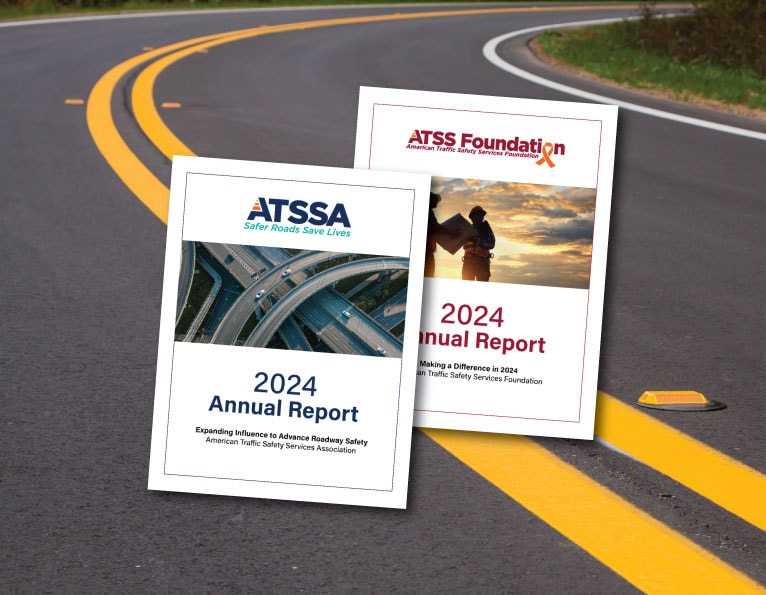Related News Articles
Now Online – ATSSA and the ATSS Foundation Annual Reports: Advancing Roadway Safety in 2024
Now Online – ATSSA and the ATSS Foundation Annual Reports: Advancing Roadway Safety in 2024 ATSSA and the ATSS Foundation…
Members react positively to Intelligent Speed Assistance
Read about European encounters with ISA in the Winter Issue of Roadway Safety – Online Now Neil Boudreau of the…
Take control of your career with ATSSA’s new streamlined learning system
ATSSA has launched a new training platform that speeds every step of the process for getting employees ready for the...


